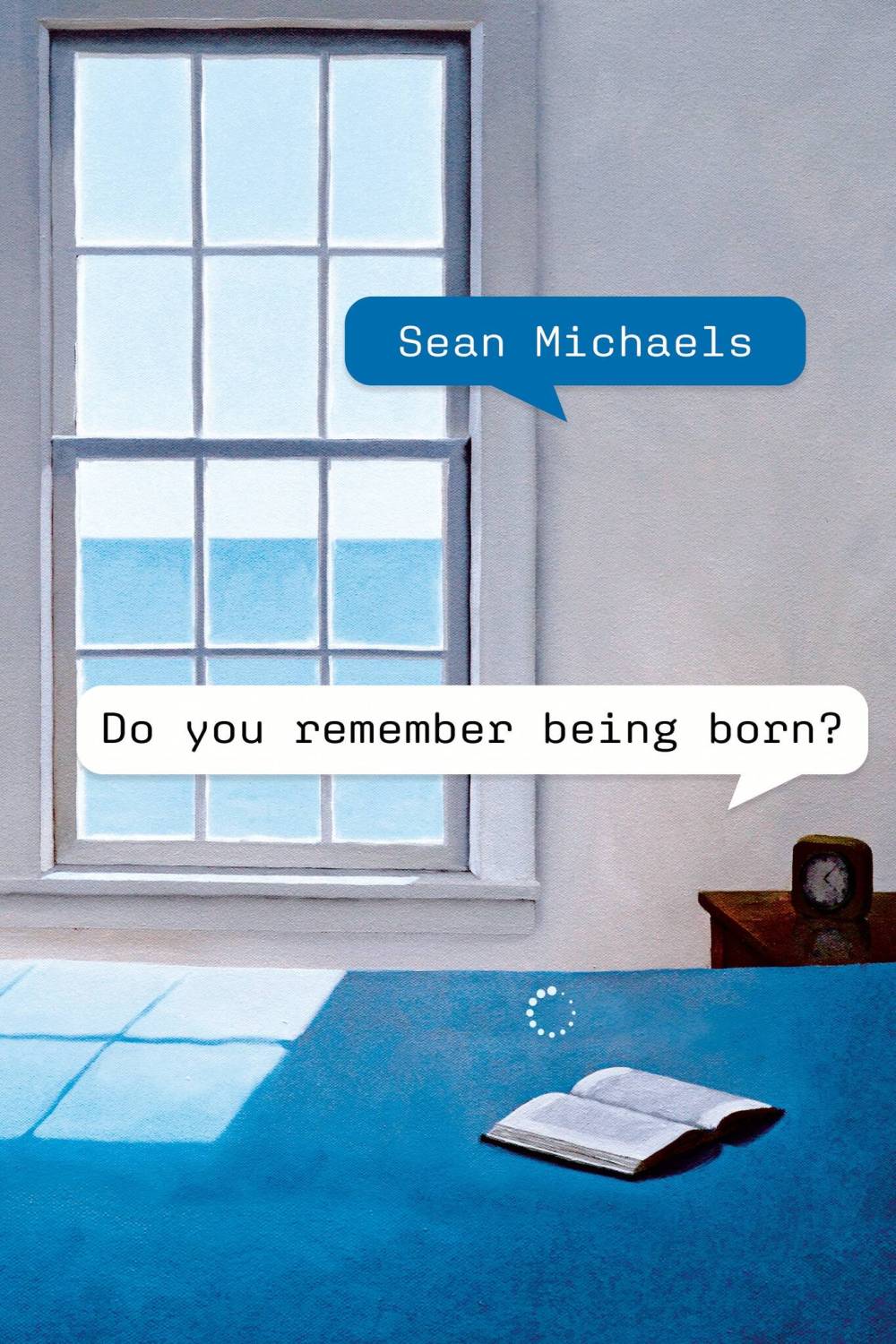Algorithm and verse
Michaels collaborates with AI in timely, tender new novel about art, poetry and life
Advertisement
Read this article for free:
or
Already have an account? Log in here »
To continue reading, please subscribe:
Monthly Digital Subscription
$1 per week for 24 weeks*
- Enjoy unlimited reading on winnipegfreepress.com
- Read the E-Edition, our digital replica newspaper
- Access News Break, our award-winning app
- Play interactive puzzles
*Billed as $4.00 plus GST every four weeks. After 24 weeks, price increases to the regular rate of $19.95 plus GST every four weeks. Offer available to new and qualified returning subscribers only. Cancel any time.
Monthly Digital Subscription
$4.99/week*
- Enjoy unlimited reading on winnipegfreepress.com
- Read the E-Edition, our digital replica newspaper
- Access News Break, our award-winning app
- Play interactive puzzles
*Billed as $19.95 plus GST every four weeks. Cancel any time.
To continue reading, please subscribe:
Add Free Press access to your Brandon Sun subscription for only an additional
$1 for the first 4 weeks*
*Your next subscription payment will increase by $1.00 and you will be charged $16.99 plus GST for four weeks. After four weeks, your payment will increase to $23.99 plus GST every four weeks.
Read unlimited articles for free today:
or
Already have an account? Log in here »
Hey there, time traveller!
This article was published 16/09/2023 (890 days ago), so information in it may no longer be current.
In Us Conductors, Sean Michaels’ 2014 Giller Prize-winning debut novel, the Montreal writer skilfully entwined real historical characters and events into a story that spanned Jazz Age New York and a Siberian gulag.
His latest, the utterly lovely Do You Remember Being Born?, has a smaller scope but again incorporates real people — or a version of them — into a timely tale about art and artificial intelligence (AI) that, while asking big questions, never sacrifices smaller, more intimate pleasures to answer them.
Marian Ffarmer is a prize-winning poet who, at 75, has found a certain degree of fame, if not a commensurate amount of wealth. (The character is loosely based on American modernist poet Marianne Moore and shares her cape, tricorne hat and wit; like Moore, she is unusually close with her mother, sharing a bed with her in a cramped apartment as an adult.)

Julie Artacho photo
Authr Sean Michaels
So when she is recruited by a giant tech corporation to collaborate with an AI machine named Charlotte on a poem, she somewhat reluctantly agrees; the astounding fee will allow her to help her son — with whom she has a loving but fraught relationship — put a down payment on a house. (Moore once worked with Ford to name a new car; they ended up going with the prosaic Edsel, but Michaels works in a joke based on one of her fanciful suggestions, Pastelogram.)
In Michaels’ last novel, 2019’s The Wagers, the action sometimes seemed overly controlled by its high-concept surreal/magical premise. In Do You Remember…, however, Marian and Charlotte’s unlikely partnership is merely one strand of a story that delves into family dynamics, the solitude of a life in art and the difficulties of being a wife, a mother and an artist who is expected to juggle those priorities.
“You’ve given her everything a poet is never allowed,” Marian tells Charlotte’s creators in her only slightly grudging praise of the machine. “Sufficient time and space. Permission. She’s never had to choose one life over another.”
Charlotte’s responses and poetic contributions were actually generated by AI; Michaels, with the help of an engineer, trained an AI program on a diet of Canadian poetry and Moore’s work, among others, to create custom poetry-generation software.
The use of shaded text indicates when a line or phrase was written by AI. This might sound gimmicky, but it’s used judiciously and effectively, not just in Marian’s interactions with Charlotte, but periodically throughout the novel.
In fact, one almost wishes Michaels had included more examples, as the responses to his cues — sometimes banal, sometimes evocative but ever-so-slightly off, sometimes shockingly poetic — highlight the uncanny way predictive text can often feel like a sentient reaction.
Alternating chapters, written in second person, flash back to Marian’s earlier life — her childhood, the first time she met her husband, the birth of her son, the death of her mother. Unlike Charlotte, which greedily grasps at new connections, hers has been a life of gradually severed relationships, a world made smaller in the service, she believed, of better poetry.

Do You Remember Being Born?
Marian has always considered a poet’s life necessarily a solo one (not lonely, but now that you mention it…) and her teamwork with Charlotte opens up an unexpected vein of delight; she embraces not only the collaborative creation process, but a social network she has largely spurned.
“The software learned me to some degree, or I learned it, or else nothing changed at all except my posture toward its work: that instead of awaiting an obvious fit, hook and eye, I anticipated that band of friction, as a spade awaits the dirt.”
Maybe one day AI fed on a steady diet of Michaels’ work will write novels as wondrous and humane and imaginative as this one, but it seems doubtful.
Jill Wilson is the Free Press Arts & Life editor.

Jill Wilson is the editor of the Arts & Life section. A born and bred Winnipegger, she graduated from the University of Winnipeg and worked at Stylus magazine, the Winnipeg Sun and Uptown before joining the Free Press in 2003. Read more about Jill.
Jill oversees the team that publishes news and analysis about art, entertainment and culture in Manitoba. It’s part of the Free Press‘s tradition, since 1872, of producing reliable independent journalism. Read more about Free Press’s history and mandate, and learn how our newsroom operates.
Our newsroom depends on a growing audience of readers to power our journalism. If you are not a paid reader, please consider becoming a subscriber.
Our newsroom depends on its audience of readers to power our journalism. Thank you for your support.


